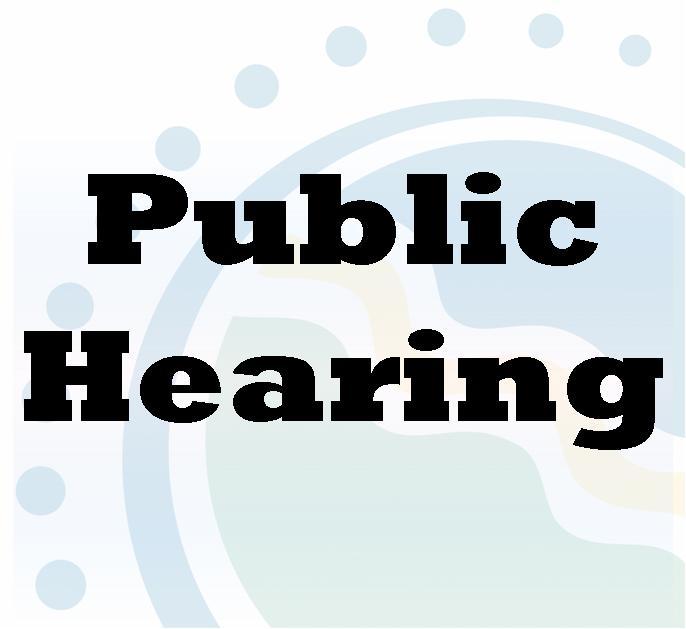
T-Mobile told a federal judge Wednesday it may pick and choose which
text messages to deliver on its network in a case weighing whether wireless carriers have the same "must carry" obligations as wire-line telephone providers.
The Bellevue, Washington-based wireless service is being sued by a texting service claiming T-Mobile stopped servicing its "short code" clients after it signed up a California medical marijuana dispensary. In a court filing, T-Mobile said it had the right to pre-approve EZ Texting's clientele, which it said the New York-based texting service failed to submit for approval.
EZ Texting offers a short code service, which works like this: A church could send its schedule to a cell phone user who texted "CHURCH" to 313131. Mobile phone users only receive text messages from EZ Texting's customers upon request. Each of its clients gets their own special word.
T-Mobile, the company wrote in a filing (.pdf) in New York federal court, "has discretion to require pre-approval for any short-code marketing campaigns run on its network, and to enforce its guidelines by terminating programs for which a content provider failed to obtain the necessary approval."
Such approval is necessary, T-Mobile added, "to protect the carrier and its customers from potentially illegal, fraudulent, or offensive marketing campaigns conducted on its network."
It's the first federal case testing whether wireless providers may block text messages they don't like.
The legal flap comes as the Federal Communications Commission has been dragging its feet over clarifying the rules for wireless carriers. The FCC was asked in 2007 to announce clear rules whether wireless carriers, unlike their wireline brethren, may ban legal content they do not support. The so-called "network neutrality" issue made huge headlines last month, when Google, along with Verizon, urged Congress not to bind wireless carriers to the same rules as wireline carriers.
EZ Texting claims it will go out of business if a judge does not promptly order T-Mobile to transmit its texts. T-Mobile accounts for 15 percent of the nation's wireless subscribers.
A similar text-messaging flap occurred in 2007, but ended without litigation, when Verizon reversed itself and allowed an abortion-rights group to send text messages to its supporters.

